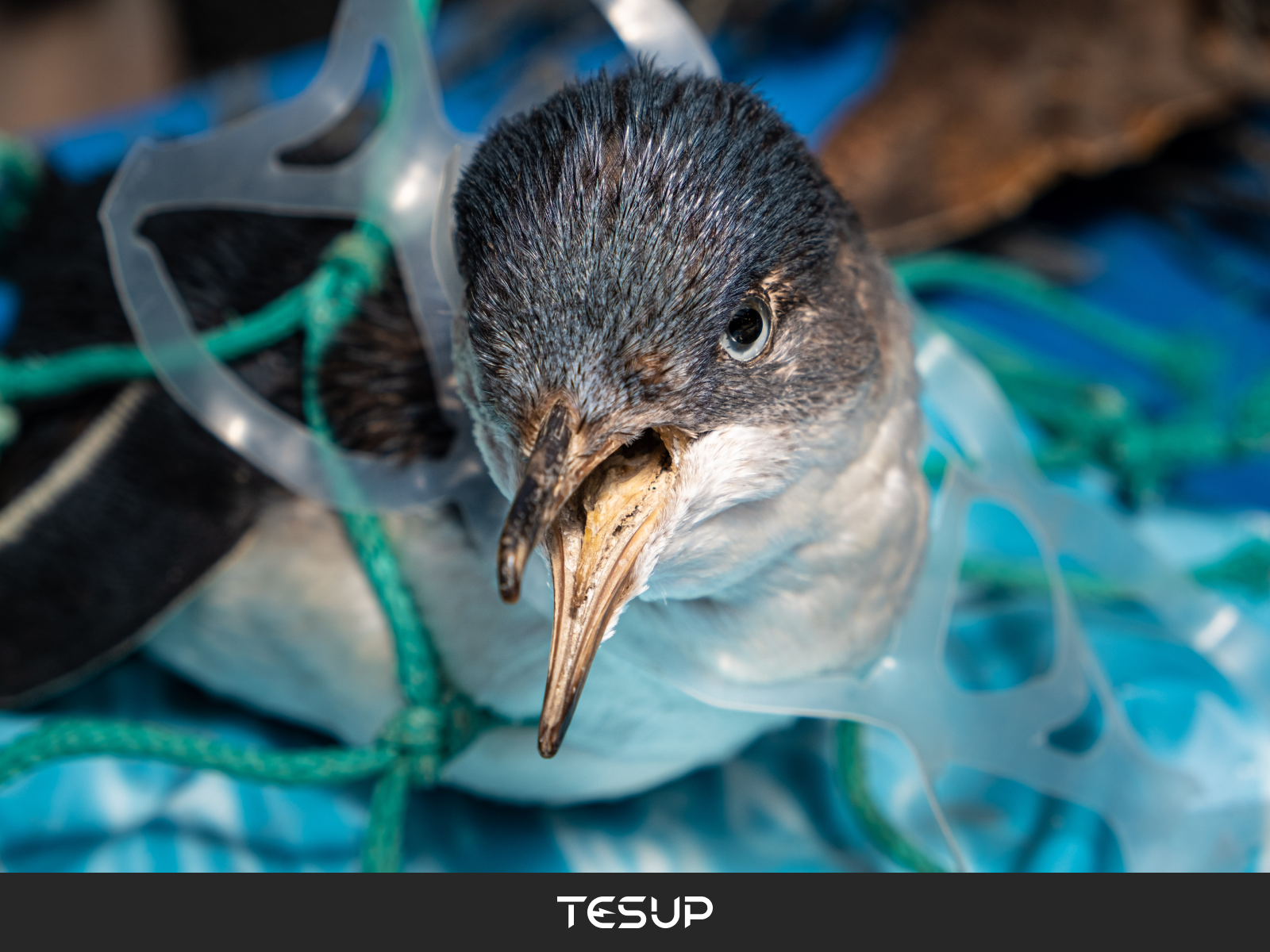
The world is facing a plastic pollution crisis. Every year, millions of tons of plastic end up in our oceans, waterways, and landfills. This plastic pollution has a devastating impact on wildlife, ecosystems, and human health.
But there is hope. Renewable energy can be a powerful tool for reducing plastic consumption and pollution.
Renewable energy as a tool
Renewable energy, on the other hand, is a clean and sustainable source of energy. It does not produce greenhouse gases, and it can help to reduce our reliance on fossil fuels. Reducing our reliance on fossil fuels will help to reduce plastic pollution.
How renewable energy helps
There are a number of ways that renewable energy can help to reduce plastic pollution. For example, renewable energy can be used to power plastic recycling plants. This can help to reduce the amount of plastic that ends up in landfills and incinerators.
Renewable energy can also be used to power factories that produce plastic products. This can help to reduce the emissions from these factories, which will eventually help to reduce plastic pollution.
In addition to reducing plastic pollution, renewable energy can also help to create a circular economy for plastic. A circular economy is an economic system that aims to eliminate waste and pollution. In a circular economy, plastic products are designed to be reused and recycled, rather than thrown away. Renewable energy can help to create a circular economy for plastic by providing a clean and sustainable source of energy for recycling plants and factories ensuring that plastic products are reused and recycled, rather than ending up in landfills or incinerators.

G20 in fighting against plastic pollution
The G20 is committed to reducing plastic pollution and is supporting a number of initiatives to reduce plastic pollution, including:
-
The G20 Action Plan on Marine Plastic Pollution, which commits the G20 countries to reducing marine plastic pollution by 20% by 2025.
-
The G20 Green Finance Study Group, which is working to develop a framework for green finance, which is finance that is invested in projects that have a positive environmental impact.
-
The G20 Sustainable Energy Transition Working Group, which is working to promote the transition to a more sustainable energy system.
The G20 is also supporting a number of case projects that are working to reduce plastic pollution. For example, it has supported the development of a plastic recycling plant in Indonesia. This plant will help to reduce the amount of plastic that is exported from Indonesia to other countries, where it often ends up in landfills or oceans.
We hope this blog post inspires you to take action to reduce plastic pollution. There are many things you can do, such as:
-
Reduce your use of single-use plastics.
-
Recycle plastic whenever possible.
-
Support businesses that are committed to reducing plastic pollution.
-
Get involved in local efforts to reduce plastic pollution.
Together, we can use renewable energy to reduce plastic pollution and create a cleaner, healthier planet for future generations.
